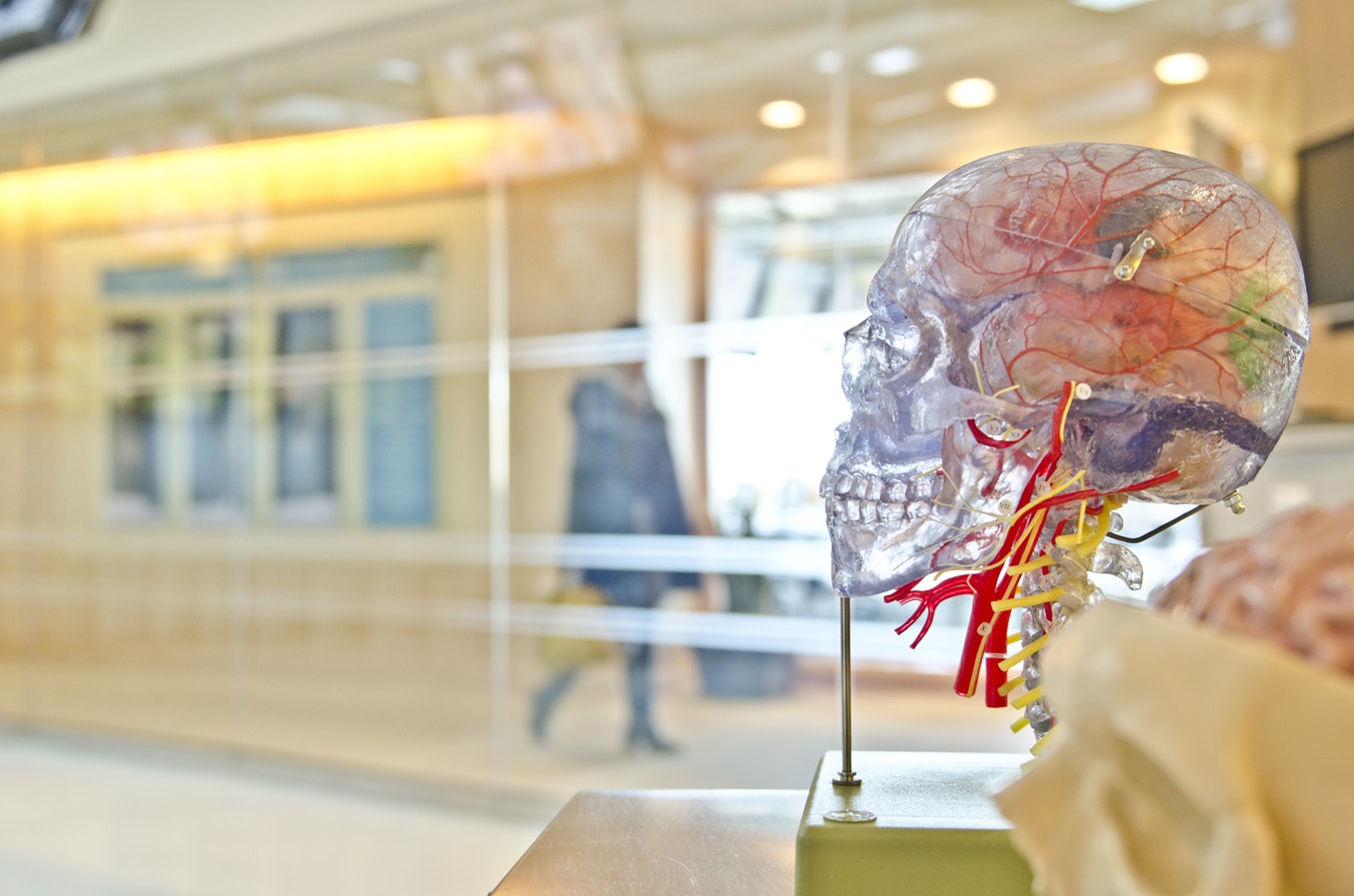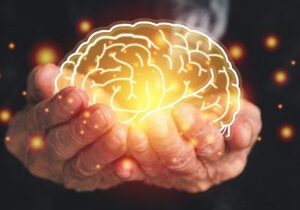Is Weed Addictive? (The Side Effects & Dangers of Marijuana)

Marijuana, which is also referred to as weed, is becoming ever more popular in today’s day and age.
Many marijuana users believe it is not addictive however this is far from correct.
Due to the type of substance marijuana is, it develops addictive behaviour slowly and therefore users may not even notice they are becoming addicted.
What is marijuana?
Marijuana is a mixture of dried flowers which are sourced from the cannabis plant i.e. the Cannabis sativa. This mixture is usually greenish in colour and is commonly smoked, inhaled through a bong and sometimes mixed into food.

Is marijuana addictive?
Marijuana is made up of over 500 chemicals, some of which are psychoactive such as Delta-9-tetrahydrocannabinol, which is more commonly known as THC. THC is the main mind-altering chemical in weed and with over 100 cannabinoids also in weed, it can have an effect on one’s mind.
This is because the brain learns to process the large amounts of the substance and in turn, reduces the sensitivity and production of naturally occurring endocannabinoid neurotransmitters.
An addiction can at times be defined by the dependence an individual has on a substance or activity. When not taking the substance, the individual may experience withdrawal symptoms which demonstrate their dependence.
Some withdrawal symptoms of marijuana include:
- Sleeping difficulties
- Effects on an individual’s mood
- Irritability
- Restlessness
- Changes in appetite

Is marijuana addictive?
Many studies have analysed the effects marijuana has on the brain. A study by Pistis M, Perra S, Pillolla G, Melis M, Muntoni AL and Gessa GL found that dopamine activity in adolescents can be decreased in later adulthood due to exposure to cannabinoids.
This experiment was conducted on adolescent rodents however due to the similarity in brains of rodents and humans, this can be generalised to mankind.
Studies on the effects of marijuana have consistently found that THC can enhance the responses the brain has to other drugs. This, therefore, means if an individual has previously used THC products such as marijuana, they may develop addictions to ‘harder’ drugs due to the enhanced effect they achieve.
However, cannabis is not the only drug that primes the brain to have heightened responses. Substances such as nicotine and alcohol also administer such effects.
Please note: To fully understand the effects of marijuana, more research needs to be conducted.
Is there a link between the use of marijuana and the development of psychiatric disorders?
Many studies have been conducted on marijuana and its ability to cause psychiatric disorders. Whilst some studies have found no relationship, others have found an increased risk of marijuana users developing psychosis, anxiety and depression. It has also been found that certain factors can have an effect on weeds ability to cause psychiatric disorders.

These include:
• The age of first use
• Amount of the substance used
• Genetic vulnerability
The strongest relationship found to date is the relationship between an individual’s genetic vulnerability and marijuana.
Research into in the AKT1 gene has found that individuals who use cannabis which carries this gene variant, are more likely to develop psychosis than those without the variant.
Drug rehab
If after reading this article you are concerned for a friend, family member or yourself, you can contact a member of our team today at New Leaf Recovery.
Our team of highly experienced support workers can guide you through your bespoke treatment programme in order to help you overcome your cannabis addiction.
For more information on our drug rehab services, contact us today on 0300 999 0330.
Receive a Free Call Back
"*" indicates required fields
A Complete Recovery Journey. From your initial enquiry, all the way through treatment and beyond with ongoing support, New Leaf Recovery are there to guide and support you.
New Leaf offers a complete journey of treatment, from initial detoxification and rehabilitation to ongoing support, including aftercare, family support, and beyond into long-term recovery.
Getting the right accommodation enables us to provide the right backdrop for our recovery methods. Any form of rehabilitation needs to happen in a safe, comfortable, secure and friendly environment.
Receive a Free Call Back
"*" indicates required fields










